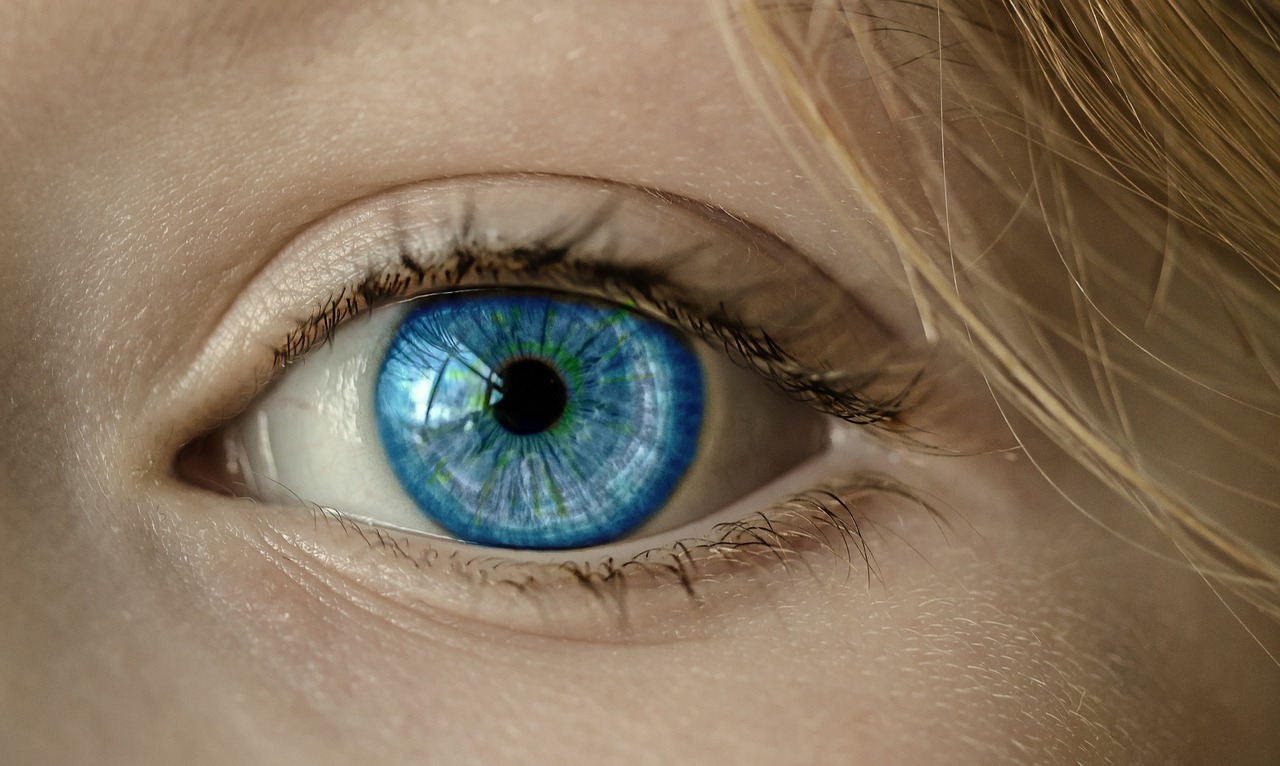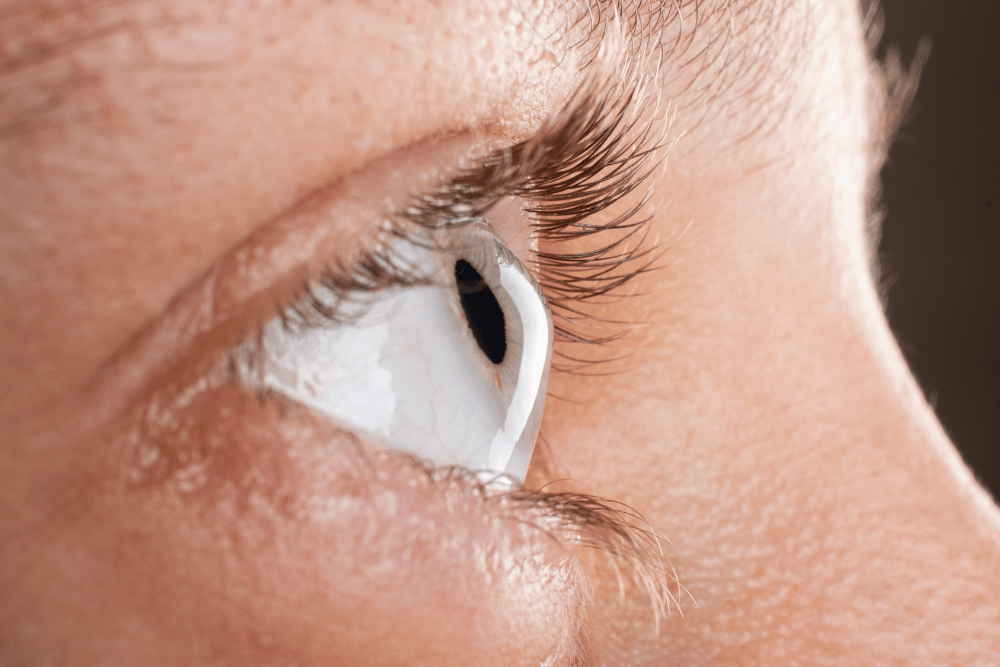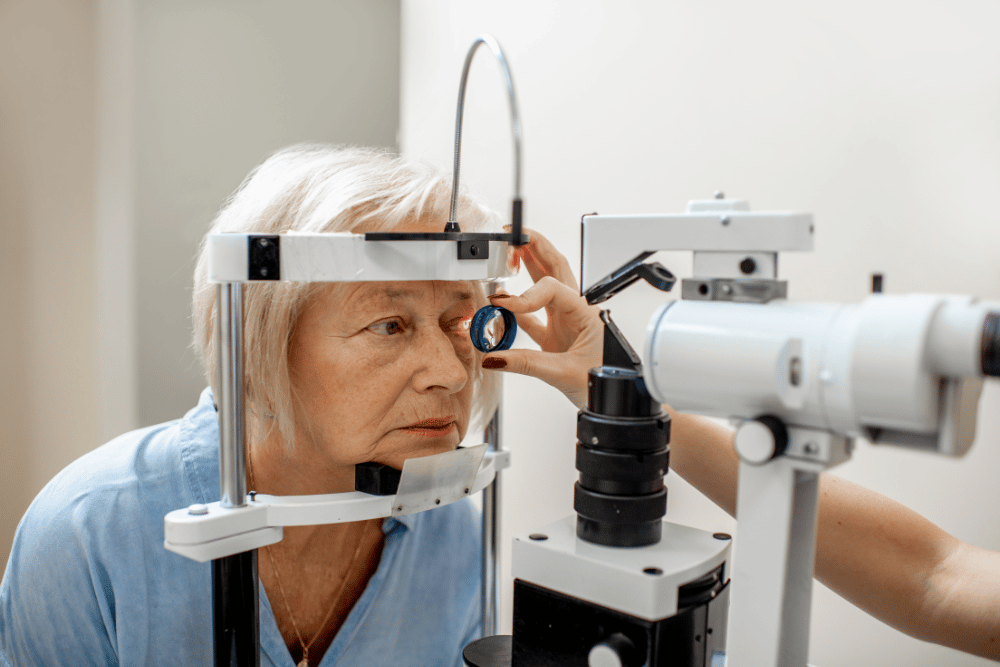Do you know what it means to have 20/20 vision?
A lot of people think that it means you have perfect vision, but that’s not quite accurate. It’s a term used by doctors and optometrists to indicate how well you can see on a scale known as the Snellen chart.
What is the Snellen Chart?
The Snellen chart is an eye chart that’s used to test your visual acuity, or how clearly you can see.
To test your visual acuity, you are positioned 20 feet away from the chart and cover one eye. Then, you read off the letters on each line, starting with the top line. The furthest line you can read on the eye chart is called your visual acuity. The “20” in 20/20 simply means that you can see at 20 feet what a normal person can see at 20 feet. So, if your vision is 20/40, it means that at 20 feet, you can see what a normal person could see at 40 feet.
If you have 20/20 vision, it doesn’t mean that you have perfect vision. It just means that you can see as well as someone with normal vision when they’re standing 20 feet away from an object. There are a lot of other factors that go into having good vision, including your peripheral vision and depth perception.
What Causes Poor Vision?
There are many different causes of poor vision, including refractive errors like nearsightedness, farsightedness, and astigmatism. These types of refractive errors occur when the shape of your eye prevents light from focusing directly on your retina—the light-sensitive tissue at the back of your eye. Refractive errors are some of the most common causes of poor vision and are treated with glasses or contact lenses.
Other common causes of poor vision include macular degeneration, cataracts, and glaucoma—all of which require medical treatment beyond wearing corrective lenses.
Conclusion
In short, 20/20 vision means you have normal vision. But there are other factors that come into play when determining how well you see, and there are other types of measurements for vision aside from 20/20. Even if you have 20/20 vision, you may have underlying eye health issues of which you may not be aware, so it’s important to schedule regular comprehensive eye exams.





